technical linguistic terms - Linguistic Insight Tool
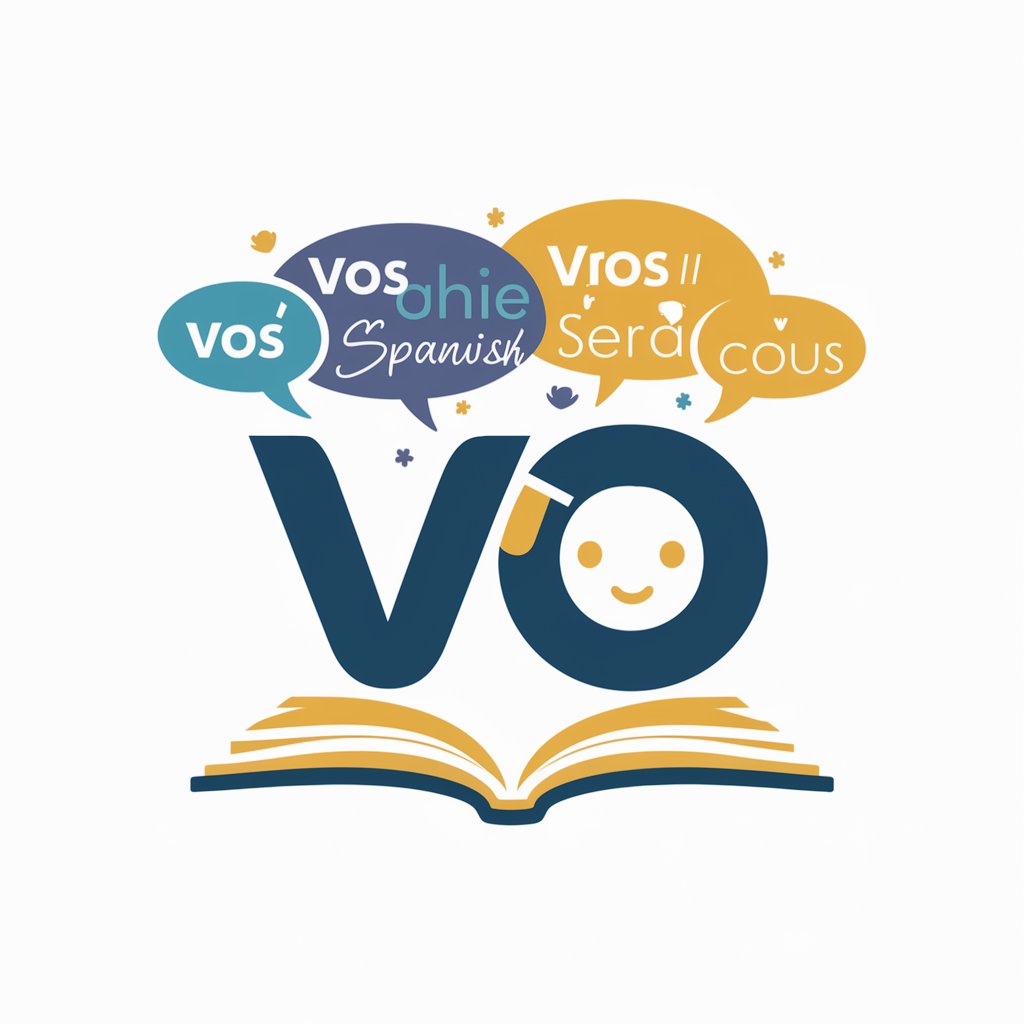
Hi there! Let's explore the fascinating world of the pronoun 'vos'.
Unveiling Language Complexity with AI
Can you explain the difference between 'vos' and 'tú' in everyday conversation?
How is 'vos' used in different Spanish-speaking countries?
What are some common phrases that use 'vos'?
Could you provide examples of how 'vos' is conjugated in various tenses?
Get Embed Code
Understanding Technical Linguistic Terms
Technical linguistic terms refer to the specialized vocabulary used within the field of linguistics, the scientific study of language. These terms are crucial for describing, analyzing, and discussing the intricate components and structures of language. For example, terms like 'phonetics' (the study of human speech sounds), 'morphology' (the study of word formation), and 'syntax' (the study of sentence structure) allow linguists to dissect language into understandable parts. Similarly, in the context of this GPT's specialization, 'vos' is a pronoun used in certain Spanish-speaking regions, and understanding terms related to its use, such as 'voseo' (the use of 'vos' instead of 'tú'), is essential for grasping the nuances of Spanish language variations. Powered by ChatGPT-4o。

Functions of Technical Linguistic Terms
Facilitate precise communication
Example
The term 'diglossia' describes a situation where two dialects or languages are used by a single community under different circumstances. For instance, one might be used for everyday conversation and another for formal occasions.
Scenario
In language education, understanding 'diglossia' helps educators design curricula that respect and incorporate the linguistic diversity of their students.
Enable detailed linguistic analysis
Example
Phonological terms like 'minimal pairs', pairs of words or phrases in a particular language that differ by only a single sound, are used to teach pronunciation distinctions.
Scenario
Language therapists use phonological analysis to diagnose and treat speech disorders, relying on technical terms to pinpoint specific difficulties.
Support language learning and teaching
Example
'Conjugation' refers to the variation of the form of a verb according to mood, tense, number, and person. Understanding conjugation patterns, including those involving 'vos', is crucial for mastering Spanish.
Scenario
Spanish language learners and teachers use conjugation charts and exercises to practice verb forms, including the differences between 'tú' and 'vos' usage in various Spanish-speaking regions.
Ideal Users of Technical Linguistic Terms
Linguists and language researchers
These professionals need to use precise terminology for analyzing and discussing linguistic phenomena, conducting research, and publishing their findings.
Language educators and learners
Educators teaching a language benefit from understanding these terms to explain grammar and usage clearly to students. Language learners, in turn, use this knowledge to grasp the rules and nuances of a new language, including specific uses like 'vos' in Spanish.
Speech therapists and audiologists
These specialists require a deep understanding of phonetics, phonology, and other linguistic concepts to diagnose and treat speech and hearing disorders effectively.

Guidelines for Using Technical Linguistic Terms
Start with a Trial
Begin by exploring linguistic tools at platforms offering trials without login requirements, such as yeschat.ai, to get a hands-on feel for language analytics without upfront commitments.
Understand Your Needs
Identify specific linguistic challenges or goals you have, whether it's understanding language patterns, text analysis, or learning a new language, to tailor your use of technical terms effectively.
Learn the Basics
Familiarize yourself with basic linguistic terms and concepts to build a solid foundation. This knowledge will enhance your ability to use more complex terms and tools.
Apply in Context
Practice applying technical terms in relevant contexts, such as academic writing or language learning, to improve your linguistic skills and deepen your understanding.
Seek Feedback
Share your work with peers or experts in linguistics for feedback. Constructive criticism can help refine your use of technical terms and improve your overall linguistic competence.
Try other advanced and practical GPTs
AIOS Incident Response Advisor
Empowering security teams with AI-driven insights.
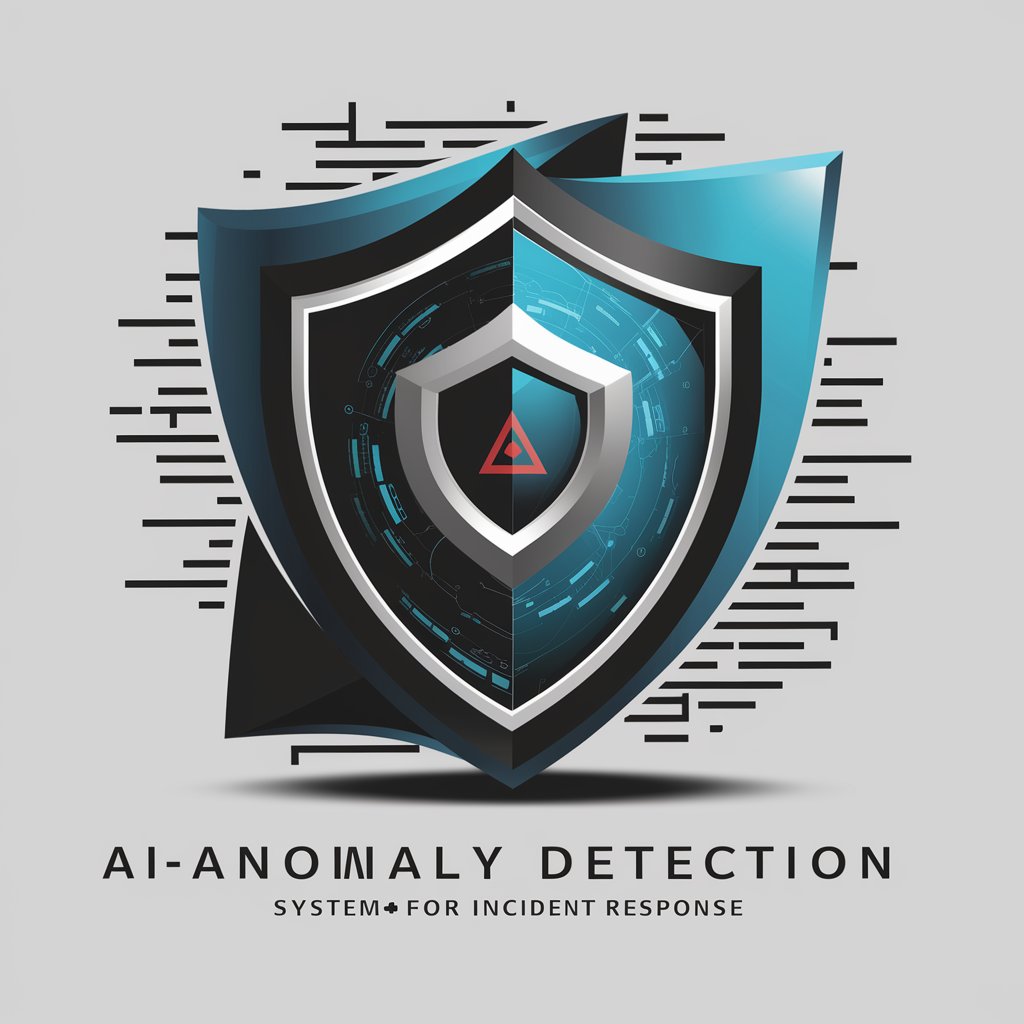
Futurist Business Strategist
Navigating Futures with AI Insight

AGI Instructor Executor
Empowering your projects with AI guidance.

Edit Expert
Polish Your Writing with AI Precision

Prompt Base Creator
Craft Your Creativity with AI

Rogue FAR/DFAR GPT
Expert FAR/DFARS AI Assistance
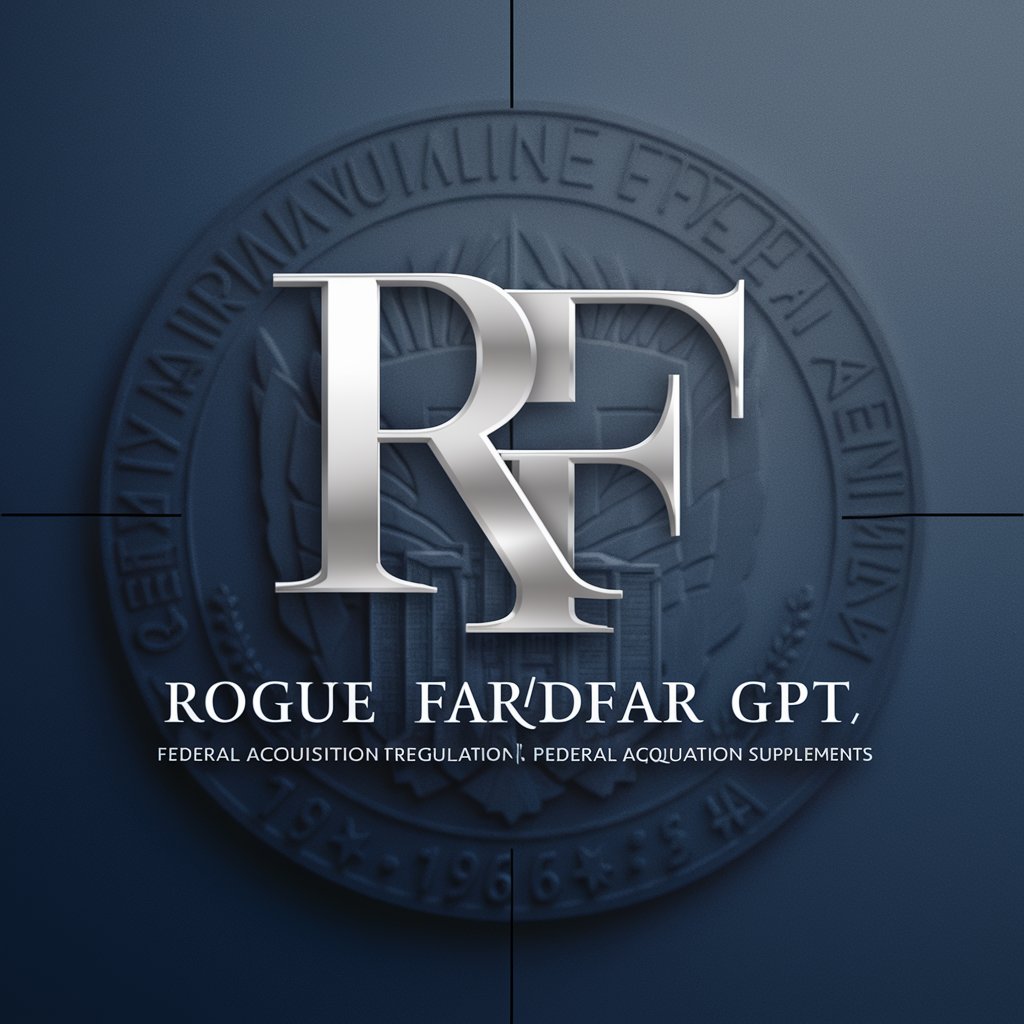
ecosystem.Ai Use Case Designer v2
Empowering Decisions with AI
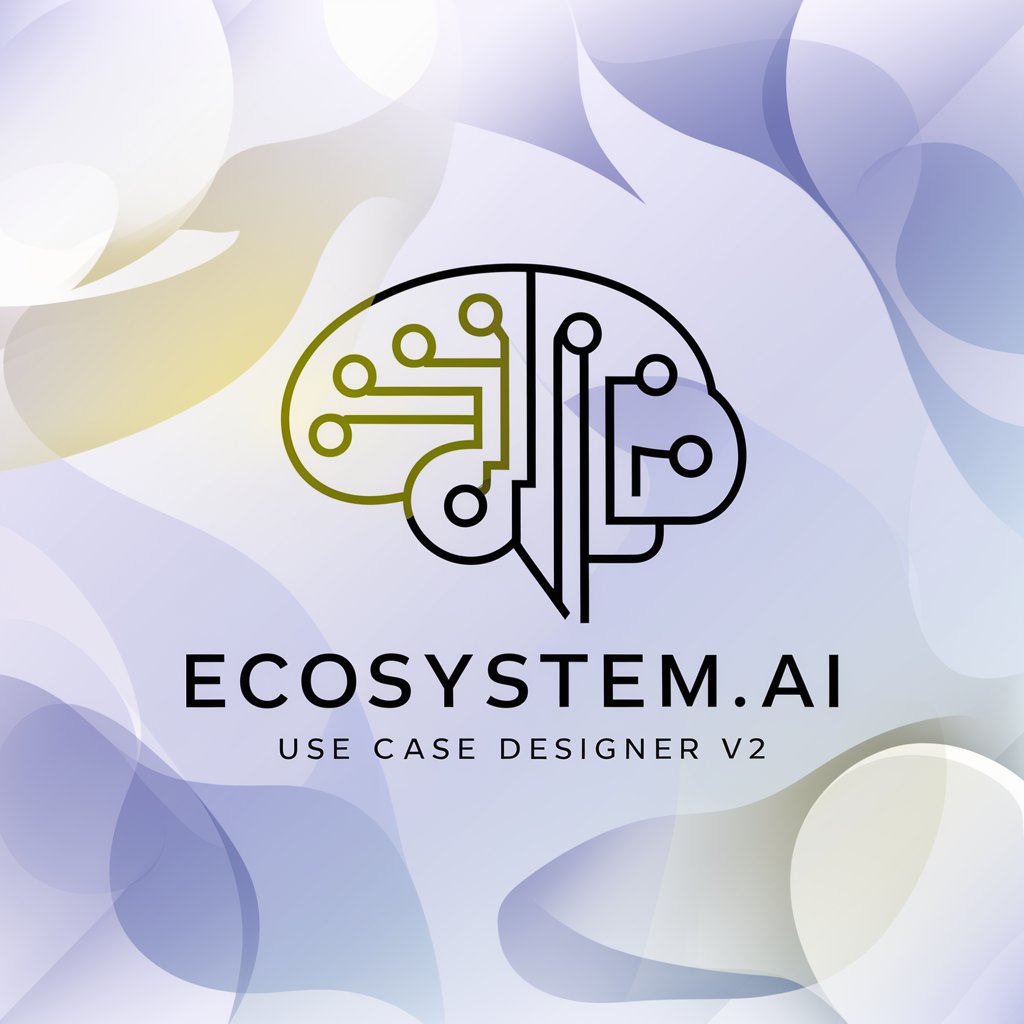
SpiritualDeep Oracle
Navigate Your Spiritual Journey with AI

Marijuana
Empowering Informed Cannabis Choices

Pocket Recruiter
Elevate Your Job Search with AI

Ai Ethics Assistant 😎
Navigating AI Ethics, Simplified
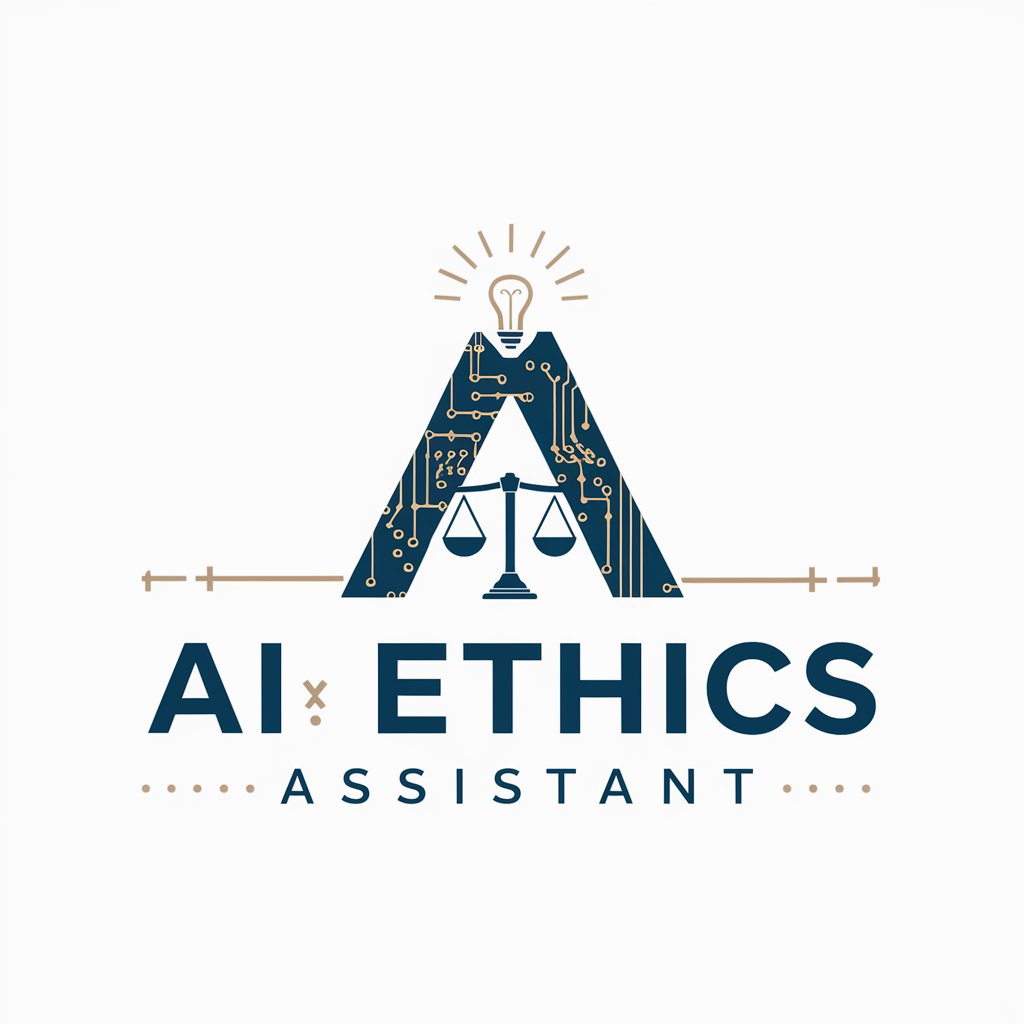
Eldrin The Sage
Guiding Souls with AI-Powered Wisdom

Q&A about Technical Linguistic Terms
What are technical linguistic terms?
Technical linguistic terms are specialized vocabulary used to describe the structures, functions, and phenomena of language. They include concepts like phonetics, morphology, syntax, and semantics.
How can one effectively learn technical linguistic terms?
Effective learning involves studying linguistic theory, practicing with real language examples, using educational resources like textbooks and online platforms, and engaging with linguistic communities for practical insights.
Can technical linguistic terms improve language learning?
Yes, understanding these terms can provide deeper insights into the mechanics of a language, helping learners to grasp complex concepts, improve their pronunciation, grammar, and overall language proficiency.
Are technical linguistic terms necessary for software development?
For developers working on natural language processing (NLP) or language-related applications, technical linguistic terms are crucial for understanding and manipulating language data effectively.
How do technical linguistic terms vary across languages?
While many linguistic concepts are universal, the application and significance of specific terms can vary based on linguistic structure and cultural context, highlighting the importance of context-aware linguistic analysis.
